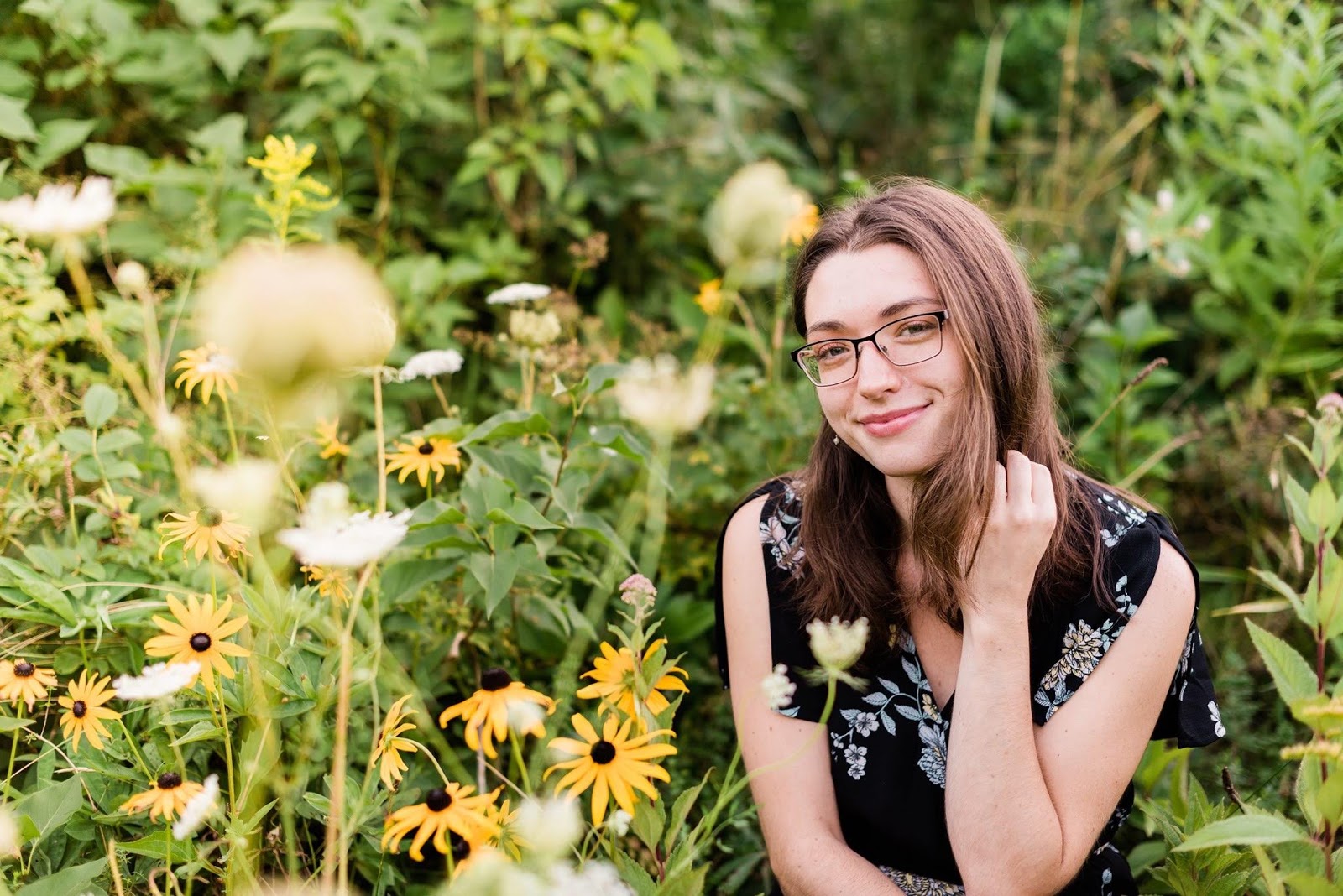By the age of 20, I was trapped in a vicious cycle of finding validation and self-worth in sexual relationships with men. The sexual abuse I had endured my freshman year of high school followed me into those later relationships. I rarely experienced joy or pleasure in these interactions. I was just trying to prove something- to those men, to society, to myself for being desirable. As I got older, there came the catcalling, the whistling, the crude comments from older men. Despite these experiences, my mom has never understood my general distrust and distaste for men. She thought it was unfounded and only further perpetuated my negative relationship with my dad. Sure, it definitely didn’t help- but her cynical attitude towards my fear invalidated my experiences and feelings in a patriarchal world. All of these experiences are what my mother has invalidated. I have plenty of reasons to fear, resent, and feel uncomfortable towards men.
Then, along came my first therapist, a middle aged, burly man. He was soft spoken, constantly cracked jokes, and gave me some of the best compliments. And these compliments were always about me, not my body or my appearance. Our conversations were productive, professional, and validating. He expressed such compassion when I talked through my sexual assault. He was the first one to know. He told me I didn’t deserve that and that I am so strong. Our relationship was the foundation of immense personal growth and healing.
Therapist/client relationships are a wonderful place for people with general distrust in others to start. They are a neutral place, providing the client a non-judgmental space to express their feelings and experiences. There are distinct boundaries, particularly for reasons related to confidentiality and professionalism. You are completely in control of what kinds of conversations you have in therapy. If there was ever something I didn’t want to or wasn’t ready to talk about, my therapist gave me plenty of agency and space to express that. Plenty of times, we would just sit and chat about our lives, movies, books, and upcoming plans.
At the end of the day, a relationship with your therapist is a relationship. In the psychodynamic approach, this relationship is used to help identify and work on relational patterns in one’s life. I have been able to role play and practice building a healthy, safe, and happy relationship through my therapist. Thus, I now can envision interactions with men that do not cause me fear or discomfort.
More recently, because of Covid-19, I have been using teletherapy. I really enjoy the experience because I have a physical distance from my therapist but I still feel like I have a genuine connection through video. I believe this option would be very inclusive and accessible for those who might be struggling with trusting others in a physical sense. Teletherapy provides bodily security while still giving emotional and personal support.
All in all, my experiences with male therapists have taught me that all human beings are capable of providing love and respect. My past experiences don’t have to hold me back, and they don’t have to define me anymore. I know now that I have the skills and intuition to engage with all kinds of people without fear.

Julia Kopala
My name is Julia, and I am currently working in Boston as a special education teacher. I joined Survivors to Superheroes because I am a survivor myself who did not have any support or resources to understand the gravity of the situation I was in. I want my writing to empower and validate the diversity of experiences and identities that survivors hold, amplifying the idea that healing is possible. Outside of the organization, I find joy in hiking, reading, and mentoring students!



